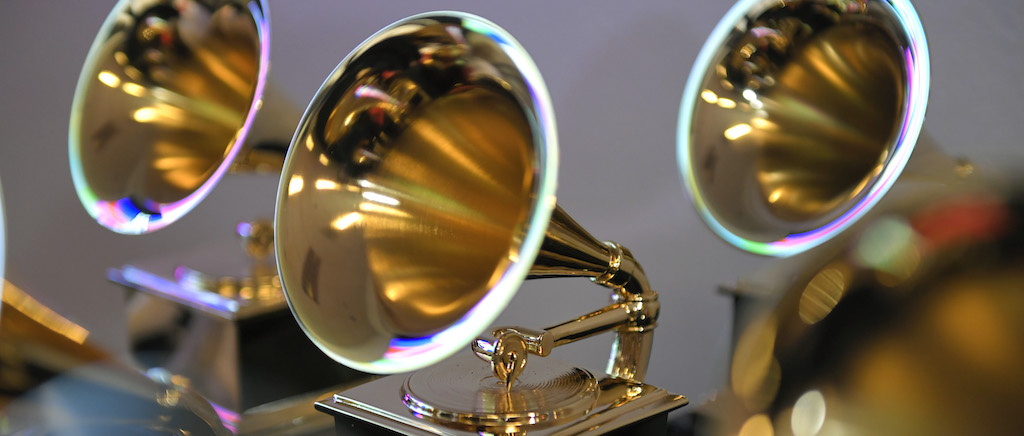
Next year’s Grammy Awards will have a variety of new categories, addressing some of the criticisms that prior ceremonies missed out on crucial opportunities to honor works in genres that are often overlooked by the mainstream tastes of the Recording Academy at large. The Recording Academy added three new categories, including best African music performance, best alternative jazz album, and best pop dance recording, according to Billboard.
Since voters can only vote in three genre-specific fields (in addition to the general categories), the producer of the year, non-classical and songwriter of the year, non-classical categories are being moved to the general field where best new artist and album, record, and song of the year already reside. This turns the Big Four into the Big Six, I guess.
In a statement, Recording Academy CEO Harvey Mason Jr. said:
“The Recording Academy is proud to announce these latest category changes to our awards process. These changes reflect our commitment to actively listen and respond to the feedback from our music community, accurately represent a diverse range of relevant musical genres, and stay aligned with the ever-evolving musical landscape. By introducing these three new categories, we are able to acknowledge and appreciate a broader array of artists – and relocating the producer of the year and songwriter of the year categories to the general field ensures that all our voters can participate in recognizing excellence in these fields. We are excited to honor and celebrate the creators and recordings in these categories, while also exposing a wider range of music to fans worldwide.”
The new awards bring the total number of categories up to 94, the most the Grammys have had since 2010’s peak of 109. Billboard has a complete breakdown of the new categories, which will help honor artists in genres like Afrobeats, Amapiano, and High Life, while reducing friction when artists like Beyoncé work in genres like dance so they aren’t competing with full-time EDM artists.
